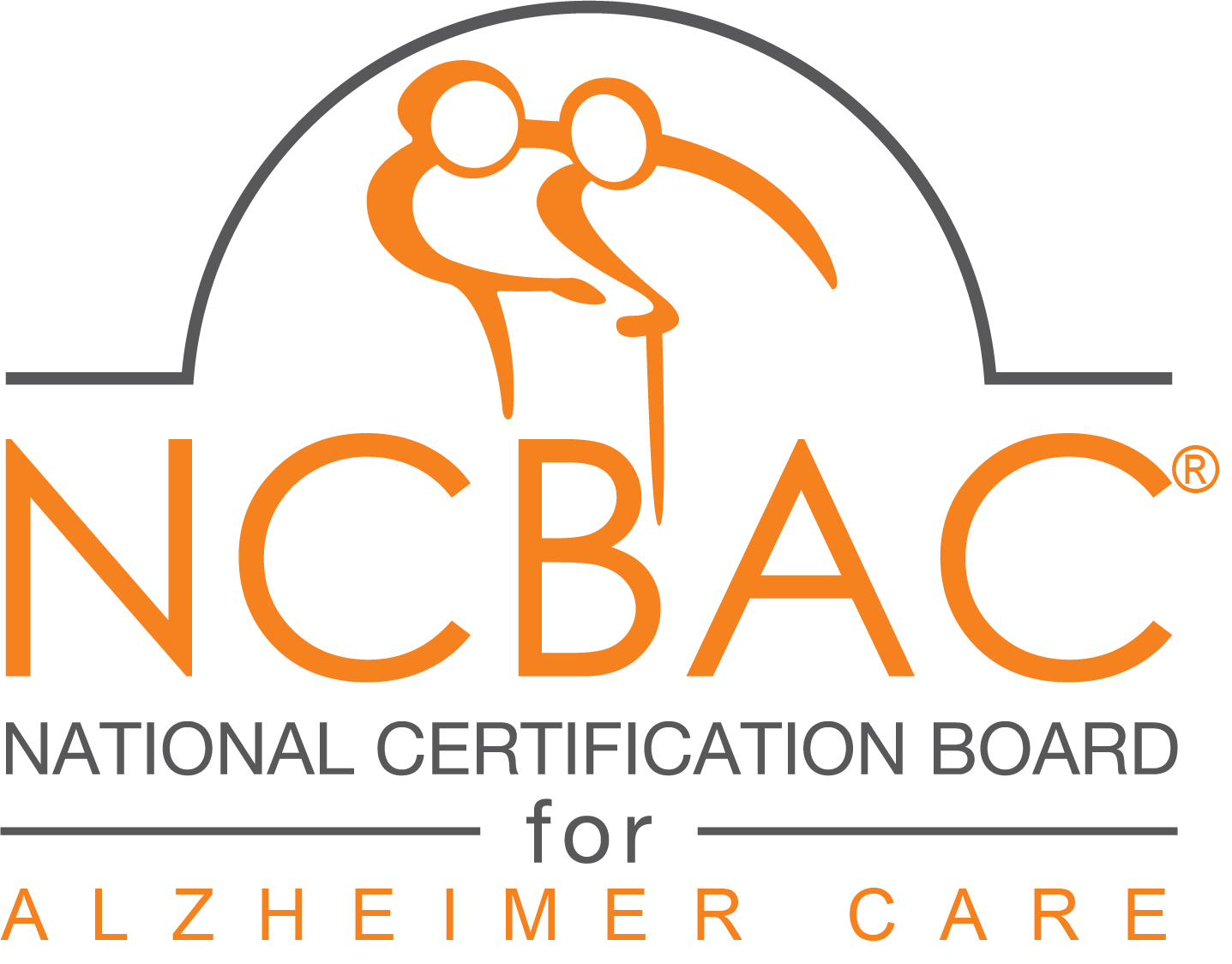Low-income Californians who are elderly and disabled were less likely to go to the emergency room or be hospitalized after their in-home caregivers participated in an intensive training program, according to a report.
Under a pilot program, nearly 6,000 aides in Los Angeles, San Bernardino and Contra Costa counties were trained in CPR and first aid, as well infection control, medications, chronic diseases and other areas. All were workers of the In-Home Supportive Services program, who are paid by the state to care for low-income seniors and people with disabilities, many of them relatives.
